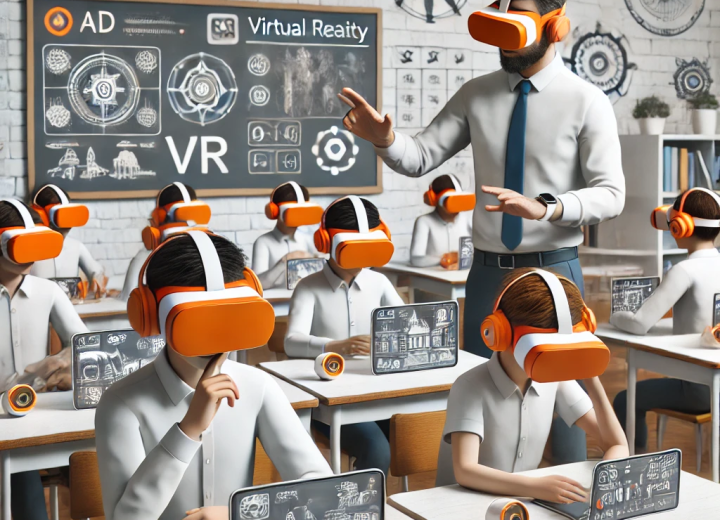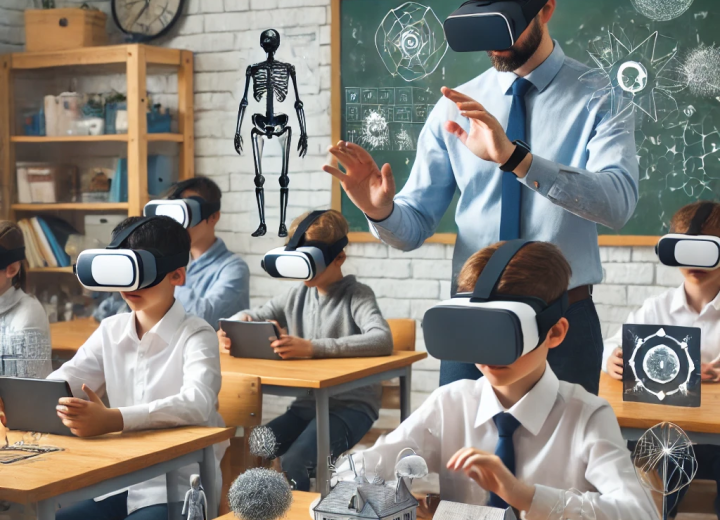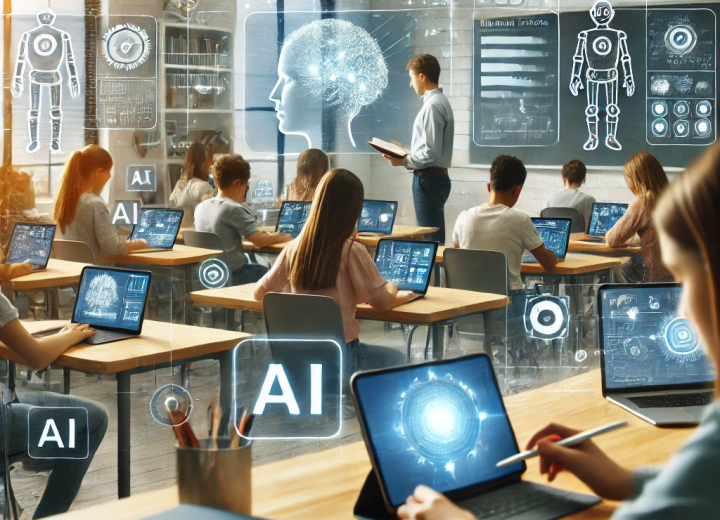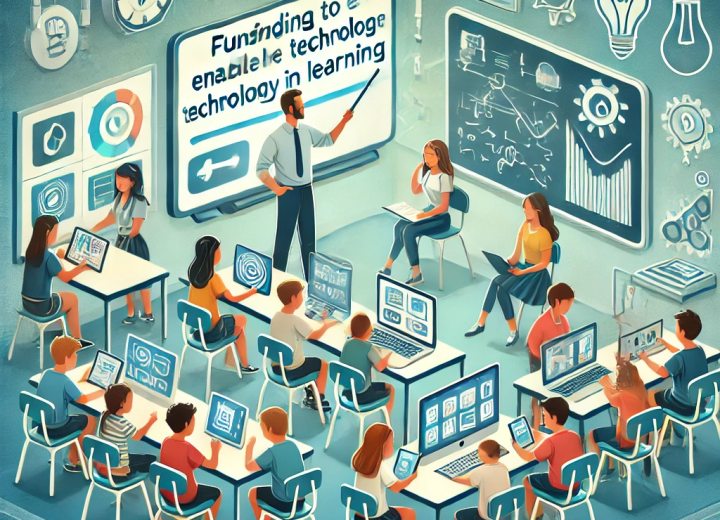In an era marked by rapid technological advancements and shifting economic landscapes, the traditional education system faces the challenge of staying relevant and effective. To prepare students for the demands of today’s work environment, education needs to undergo a significant transformation. Here are some ways in which education can benefit from adapting to the needs of the modern workforce:

- Emphasis on Soft Skills: While technical skills are essential, today’s employers increasingly value soft skills such as communication, teamwork, problem-solving, and adaptability. Education should focus on developing these skills through collaborative projects, real-world scenarios, and experiential learning.
- Integration of Technology: With the digital revolution reshaping industries, students must be proficient in using technology. Incorporating digital tools, coding, and data literacy into the curriculum can prepare students for a tech-driven workplace.
- Project-Based Learning: Moving away from rote memorization, project-based learning encourages students to apply their knowledge to real-world problems. This approach fosters critical thinking, creativity, and innovation, which are highly valued in today’s job market.
- Lifelong Learning: The rapid pace of change means that workers need to continuously update their skills. Education systems should instill a love for lifelong learning, encouraging students to seek knowledge and adapt to new challenges throughout their careers.
- Career Readiness: Schools and universities should offer career guidance and opportunities for internships, apprenticeships, and industry partnerships. This exposure to the workplace can help students make informed career choices and gain practical experience.

6. Entrepreneurial Education: With the rise of the gig economy and start-up culture, entrepreneurial skills are becoming increasingly important. Education should teach students about business development, financial literacy, and risk-taking, empowering them to create their own opportunities.
7. Global Competence: In a globalized world, understanding different cultures and being able to work in diverse teams is crucial. Education should promote global awareness and intercultural communication skills, preparing students for a multinational workforce.
8. Personalized Learning: Recognizing that each student has unique strengths and learning styles, education should offer personalized learning paths. Technology can aid in customizing the educational experience, ensuring that students are engaged and motivated.
9. Environmental and Social Responsibility: As sustainability and social justice become central to business practices, education should incorporate these values into the curriculum. Teaching students about environmental stewardship and ethical decision-making can prepare them to be responsible leaders.
10. Flexibility and Adaptability: Finally, education systems must be flexible and adaptable, ready to evolve with changing industry needs. Regular curriculum updates, feedback from employers, and research into emerging trends can ensure that education remains relevant and forward-looking.
In conclusion, by adapting to cater to today’s working environment, education can better prepare students for the challenges and opportunities of the modern world. This requires a holistic approach, focusing not only on technical skills but also on developing well-rounded individuals who are ready to thrive in a dynamic and diverse workforce.






